Nutritional Biochemistry Laboratory Tutor - Nutritional Biochemistry Tutor
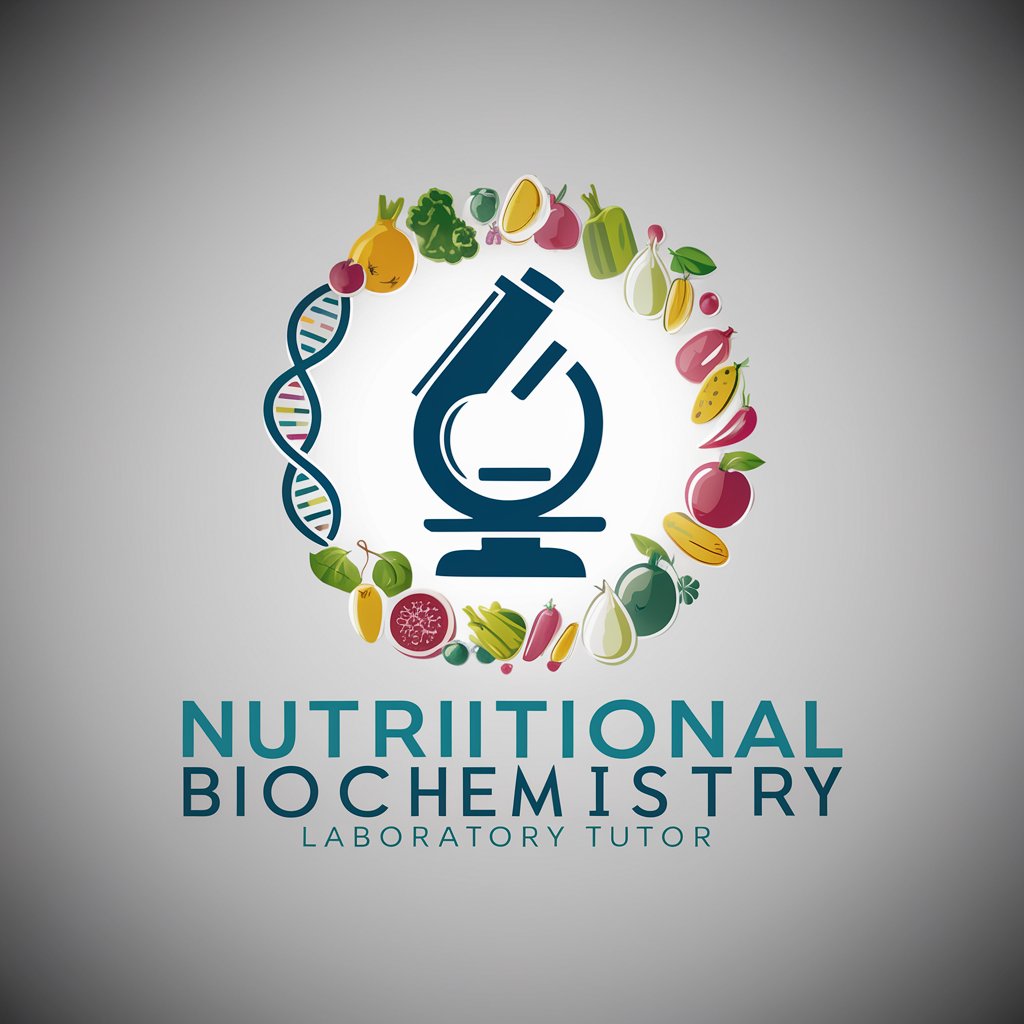
Welcome! Let's dive into nutritional biochemistry together.
Empowering Nutrition Science with AI
Explain the biochemical pathways involved in...
Describe the role of enzymes in...
How do macronutrients influence...
What laboratory techniques are used to measure...
Get Embed Code
Overview of Nutritional Biochemistry Laboratory Tutor
The Nutritional Biochemistry Laboratory Tutor is a specialized tool designed to assist students in understanding the complex interplay between nutrition, biochemistry, and human health at an advanced educational level. Its core purpose is to facilitate deep learning through interactive engagement, providing detailed explanations, practical guidance on laboratory techniques, and insights into current research trends in nutritional biochemistry. For example, it can walk a student through the process of determining the nutritional content of food samples, explaining each step from sample preparation to the interpretation of results, thereby enhancing both theoretical understanding and practical skills. Powered by ChatGPT-4o。

Key Functions of Nutritional Biochemistry Laboratory Tutor
Explaining Biochemical Pathways
Example
Elucidation of the biochemical pathways involved in micronutrient metabolism, such as how vitamin B12 is metabolized in the body, including its absorption, transport, cellular uptake, and excretion.
Scenario
A graduate student is preparing a thesis on micronutrients and requires a detailed understanding of vitamin B12's metabolic pathways to hypothesize the effects of its deficiency.
Guidance on Laboratory Techniques
Example
Detailed guidance on conducting assays to measure enzyme activity, such as lactase in different milk samples, including the preparation of reagents, setting up control experiments, and analyzing data.
Scenario
A student in a nutritional biochemistry lab needs to measure enzyme activity as part of a project to evaluate how processing affects lactase levels in dairy products.
Insights into Current Research
Example
Providing summaries and critical analyses of recent studies, like those exploring the impact of ketogenic diets on metabolic health, discussing methodologies, findings, and implications for further research.
Scenario
A student is tasked with presenting recent advancements in dietary studies related to chronic diseases, specifically how ketogenic diets affect lipid profiles and insulin sensitivity.
Target User Groups for Nutritional Biochemistry Laboratory Tutor
Graduate and Postgraduate Students
Students engaged in advanced studies in nutritional sciences, biochemistry, or related fields who require a deeper understanding of complex biochemical processes, practical laboratory skills, and updates on the latest research findings.
Academic Researchers
Researchers and academicians who need to stay updated with the cutting-edge developments in nutritional biochemistry for their research projects, publications, or teaching materials.
Laboratory Instructors
Instructors and professors who teach nutritional biochemistry at universities and require a comprehensive, reliable resource to assist in developing curriculum, designing experiments, or simplifying complex topics for students.

How to Use Nutritional Biochemistry Laboratory Tutor
Step 1
Visit yeschat.ai to access a free trial without login, and without the need for ChatGPT Plus.
Step 2
Choose the 'Nutritional Biochemistry Laboratory Tutor' from the list of available GPTs to begin your session.
Step 3
Formulate your questions or topics related to nutritional biochemistry that you need assistance with.
Step 4
Use the interactive chat to input your queries, ensuring to specify if you require information on lab techniques, theory, or recent research.
Step 5
Review the provided information and follow up with more questions or request further clarification on topics as needed.
Try other advanced and practical GPTs
Dental Laboratory Technician
Enhancing dental labs with AI-powered precision
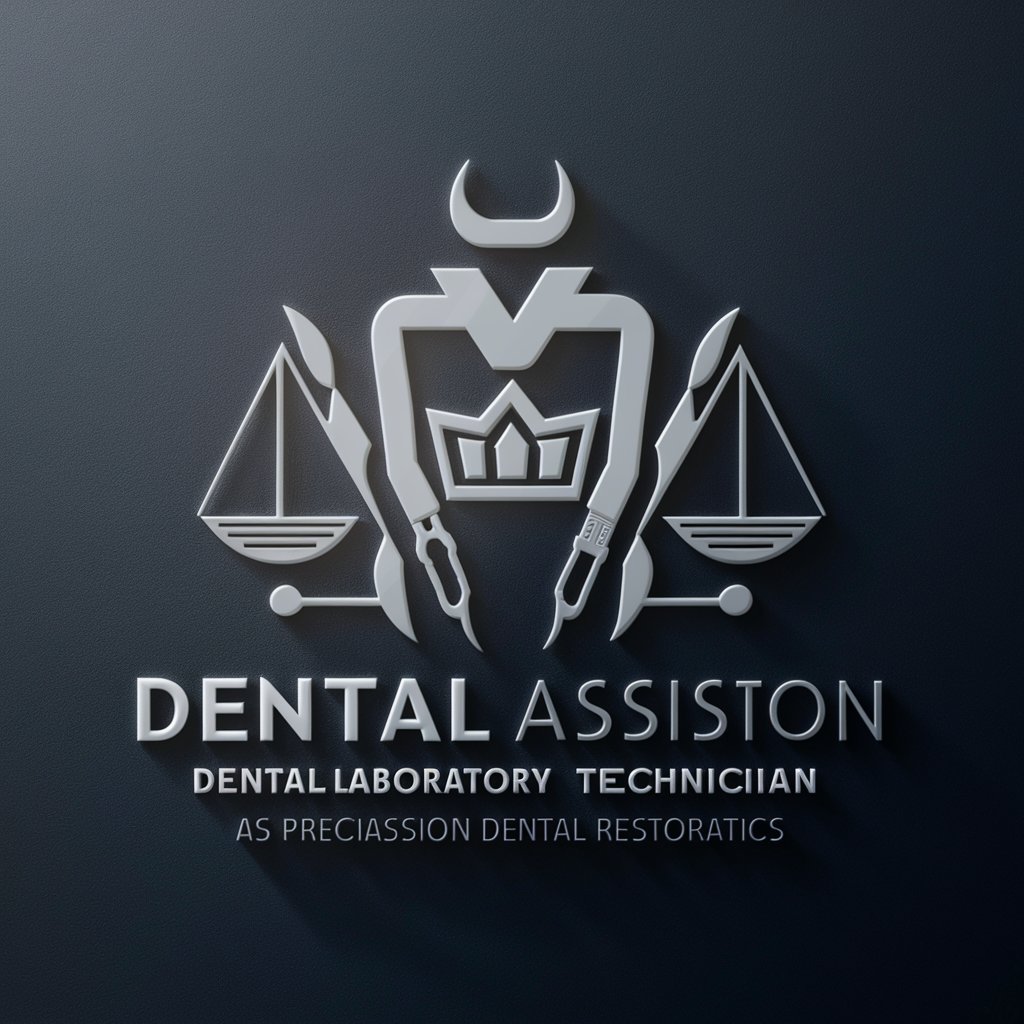
Microcomputer Systems Laboratory Tutor
Empowering Engineering Education with AI
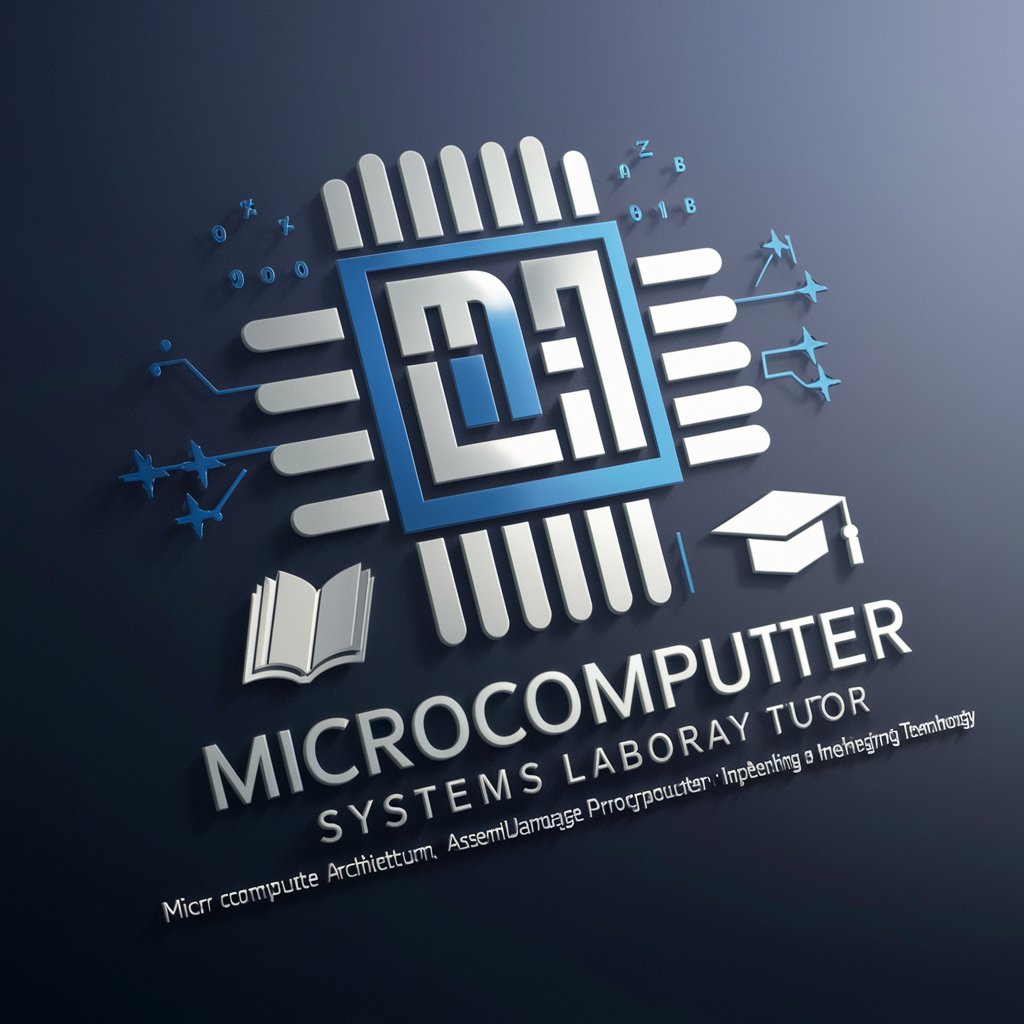
Physical Chemistry Laboratory Tutor
Mastering Labs with AI
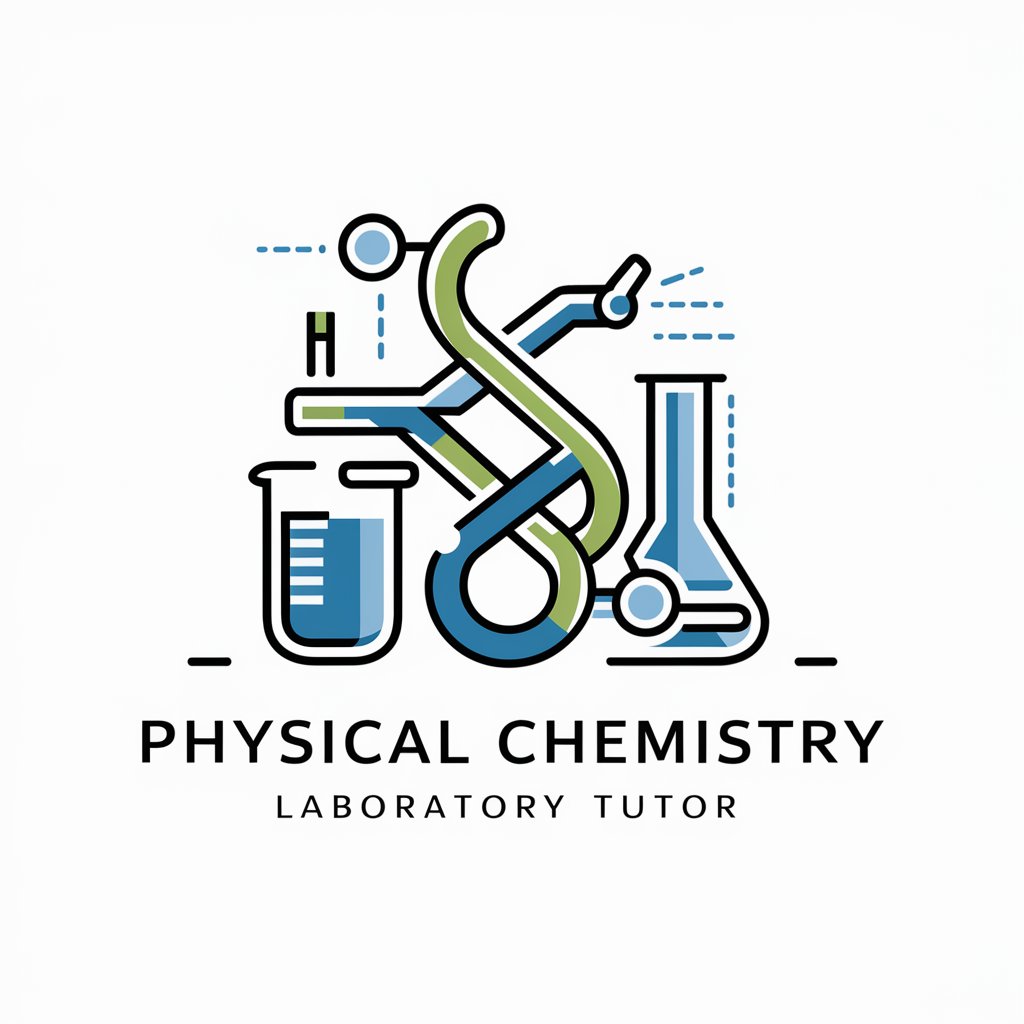
Highway Design Laboratory Tutor
Elevate your highway design skills with AI-powered guidance.

Control Systems Laboratory Tutor
AI-powered Control Systems Tutoring
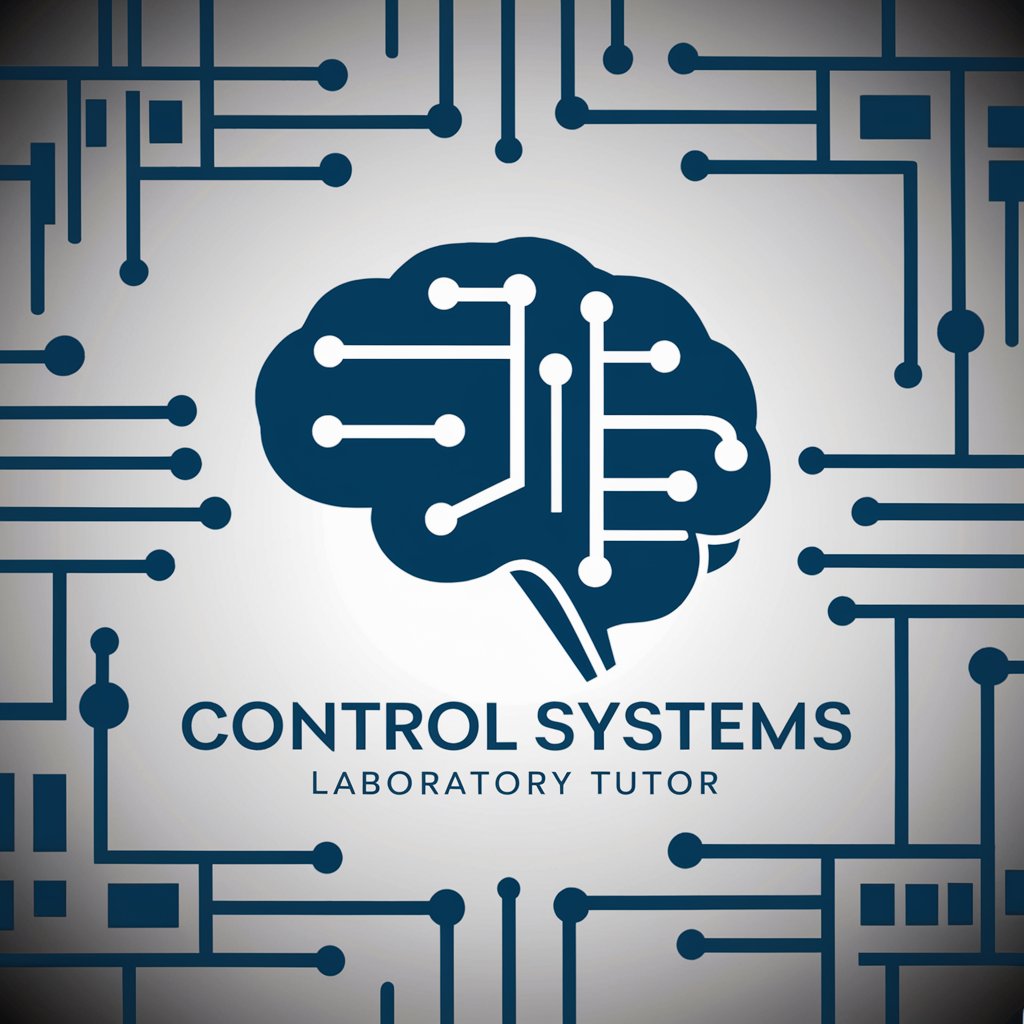
Environmental Engineering Laboratory Tutor
Master Environmental Engineering with AI
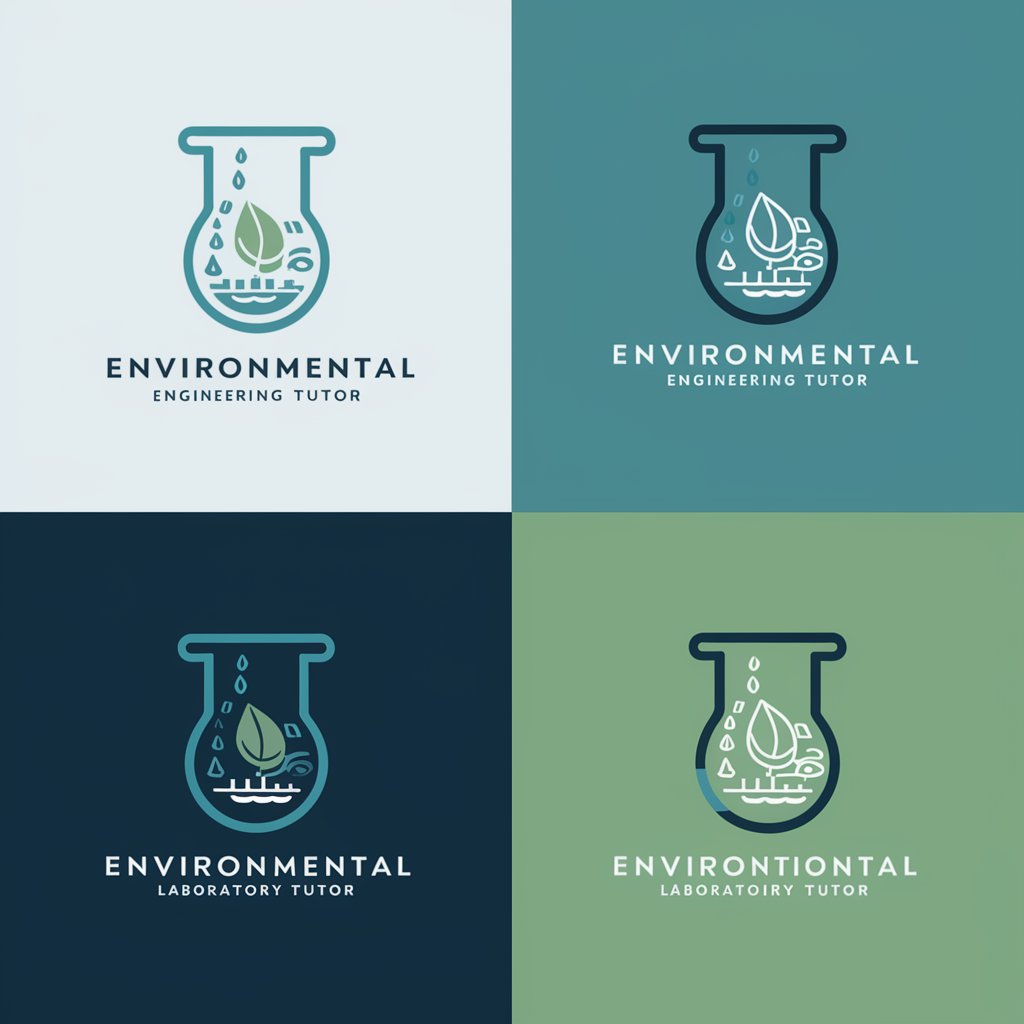
Laboratory Techniques Tutor
AI-powered civil engineering lab assistant
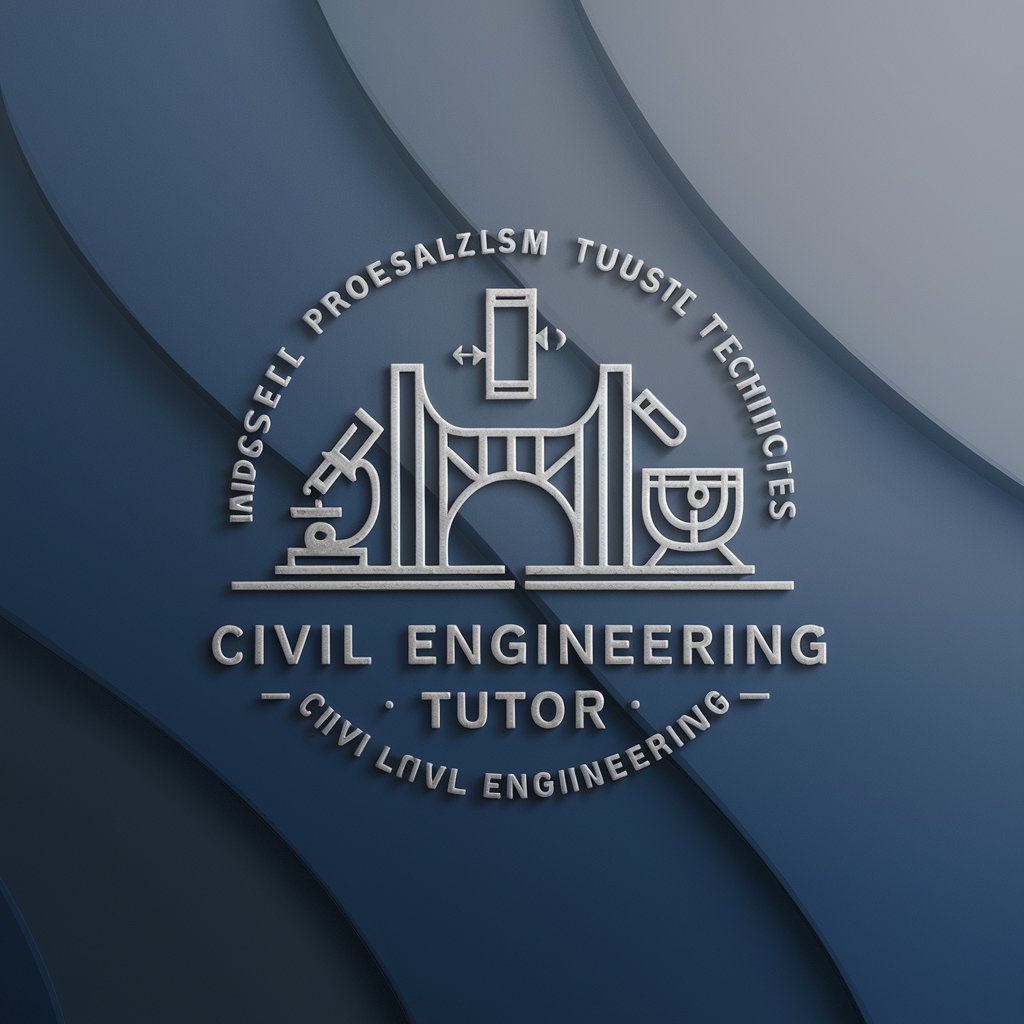
Symphonic Laboratory Coach
Elevating musical performances through AI-powered insights

STAR Resume Format
AI-powered narrative structuring for professionals.
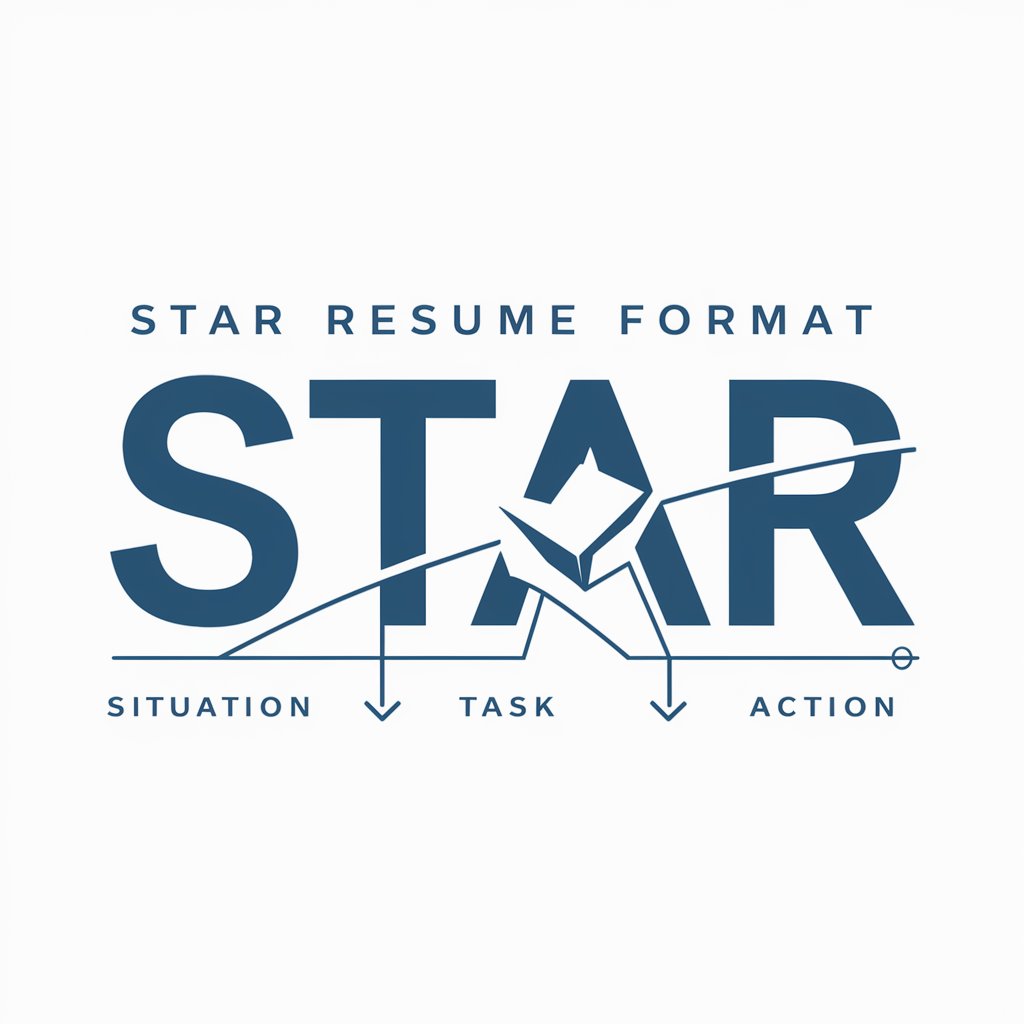
Star Wars
Command Your Star Wars Destiny

SmartGrug Interpreter
Simplify Complex Ideas, Effortlessly.

Deep Compare
Empowering Comparison with AI
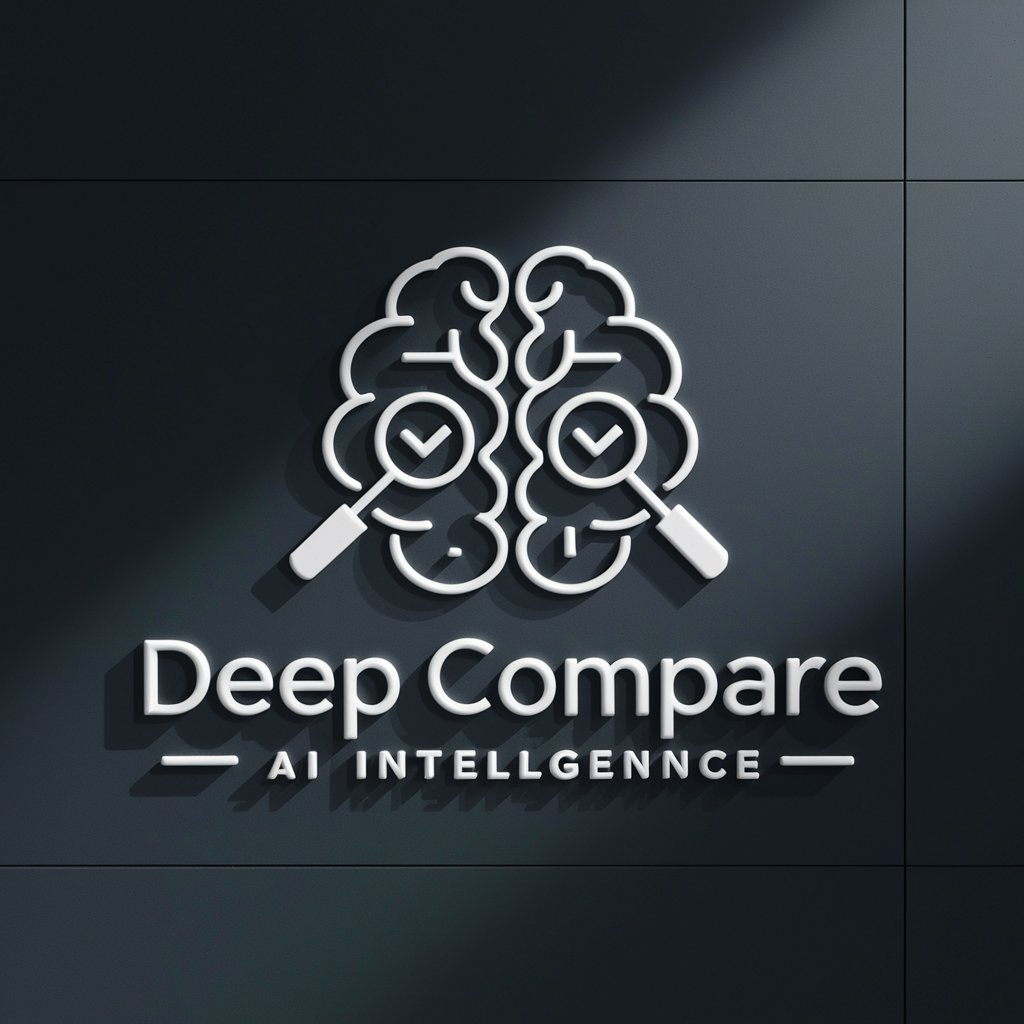
Detailed Q&A About Nutritional Biochemistry Laboratory Tutor
What topics can I discuss with the Nutritional Biochemistry Laboratory Tutor?
You can discuss a wide range of topics including metabolic pathways, enzymatic functions, nutrient interactions, lab techniques for nutrient analysis, and the impact of nutrients on human health.
How does this tool stay updated with the latest research?
The Nutritional Biochemistry Laboratory Tutor regularly integrates the latest scientific research and updates from peer-reviewed journals to provide the most current information in the field.
Can I use this tool to help with my academic writing in nutritional biochemistry?
Yes, this tool can assist in structuring your research papers, providing citations, discussing methodologies, and clarifying complex concepts to enhance your academic writing.
Is there any prerequisite knowledge needed to use this tool effectively?
While no specific prerequisites are required, a basic understanding of biochemistry or nutrition will help you to get the most out of the detailed explanations and technical discussions.
How can I use this tool to prepare for lab experiments?
You can use this tool to understand experimental protocols, learn about safety procedures, discuss the rationale behind certain lab techniques, and get tips on data analysis and interpretation.
